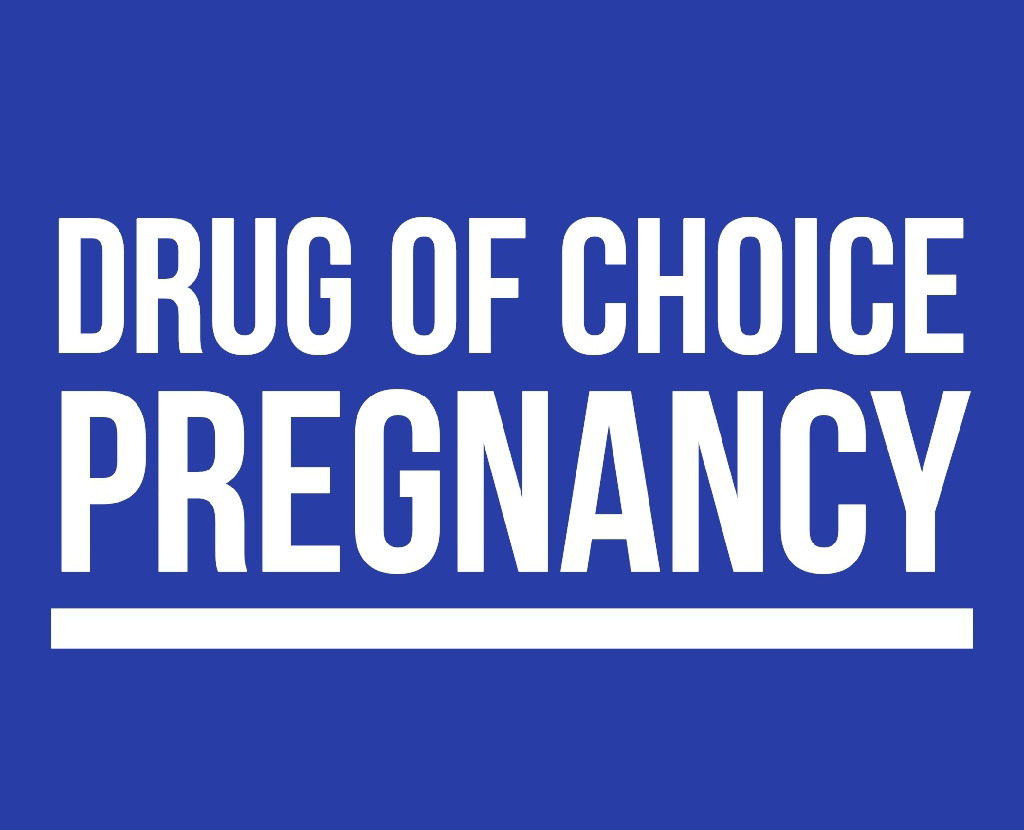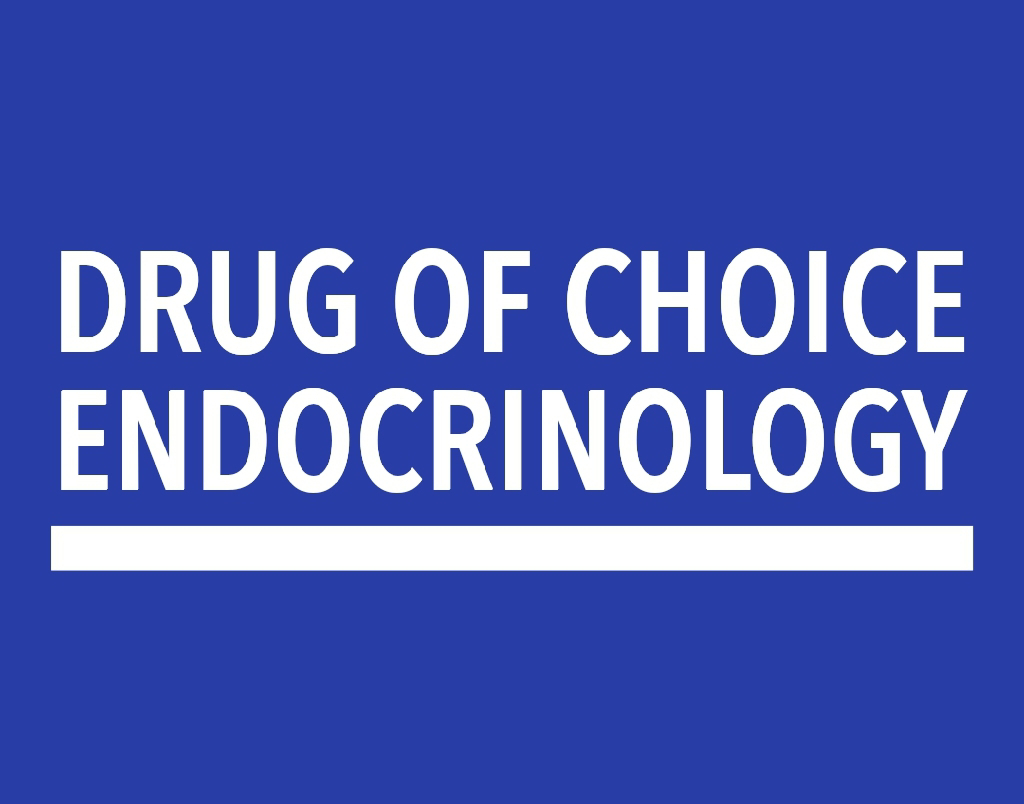Drug of Choice - ANTIMICROBIAL DRUGS
▪️Drug of choice for gram negative sepsis - Piperacillin with Toberamycin
▪️Drug of choice for gram positive sepsis - Vancomycin with Gentamicin
▪️Drug of choice for toxic shock syndrome (Group A strep.) - Penicillin with Clindamycin
▪️Drug of choice for necrotizing fasciitis (Group A streptococcus) - Penicillin
▪️Drug of choice for prophylaxis of cardiac lesions in infective endocarditis - Amoxicillin
▪️Drug of choice for impetigo - Penicillin G
▪️Drug of choice for meningococcal meningitis - Penicillin G
▪️ Drug of choice for severe falciparum and chlorquinine resistant malaria - Quinine
▪️Drug of choice for enterococcus faecium - Linezolid
▪️Drug of choice for animal bite - Amoxicillin
▪️Drug of choice for otitis media - Amoxicillin
▪️Drug of choice for dirty wound prophylaxis - Cefazolin
▪️Drug of choice for pneumococcal pneumonia in adults - Amoxicillin
▪️Drug of choice for typhus fever - Chloramphenicol
▪️Drug of choice for lice infection - 1% permethrin
▪️Drug of choice for dental prophylaxis in infective endocarditis - Clarithromycin
▪️Drug of choice for cellulitis - Oxacillin
▪️Drug of choice for severe infection in penicillin allergic patient - Vancomycin
▪️Drug of choice for serious upper respiratory infections by atypical pathogens - Doxycycline
▪️Drug of choice for endocardial prophylaxis in patients allergic to penicillin - Vancomycin
▪️Drug of choice for histoplasmosis - Amphotericin B
▪️Drug of choice for invasive streptococcal infection - Clindamycin
▪️Drug of choice for dermatitis herpetiformis - Aspirin
▪️Drug of choice for cryptoccocus - Fluconazole
▪️Drug of choice for vulvovaginal candidiasis - Fluconazole
▪️Drug of choice for pyrazinamide induced hyperuricemia - Aspirin
▪️Drug of choice for systemic fungal infection - Amphotericin B
▪️Drug of choice for CMV retinitis - Gancyclovir
▪️Drug of choice for condyloma accuminata - Podophyline
▪️Drug of choice for cholera - Doxycycline
▪️Drug of choice for chlamydiae - Tetracycline (Eg: Doxycycline)
▪️Drug of choice for tropical sprue - Tetracycline
▪️Drug of choice for relapsing fever - Tetracycline
▪️Drug of choice for rocky spotted mountain fever - Tetracycline
▪️Drug of choice for tick typhus - Tetracycline
▪️Drug of choice for scrubs typhus - Tetracycline
▪️Drug of choice for syphilis - Penicillin G
▪️Drug of choice for toxoplasmosis - Cotrimoxazole
▪️Drug of choice for legionella - Azithromycin or Levofloxacin
▪️Drug of choice for lymphogranuloma venereum (LGV) - Azithromycin
▪️Drug of choice for kala-azar - Sodium Stibogluconate
▪️Oral drug of choice for kala-azar - Miltefosine
▪️Drug of choice for plague - Streptomycin
▪️Drug of choice for brucella - Streptomycin
▪️Drug of choice for tularemia - Streptomycin
▪️Drug of choice for rhinoscleroma - Streptomycin
▪️Drug of choice for actinomycosis - Penicillin-G
▪️Drug of choice for leprosy - Dapsone
▪️The most effective drug against Mycobacterium leprae - Rifampicin
▪️Drug of choice for microspora - Albendazole
▪️Drug of choice for serious upper urinary tract infections - Aminoglycosides
▪️Drug of choice for serious upper respiratory infections by atypical pathogens - Doxycycline
▪️Drug of choice for endocardial prophylaxis in patients allergic to penicillin - Vancomycin
▪️Drug of choice for histoplasmosis - Amphotericin B
▪️Drug of choice for invasive streptococcal infection - Clindamycin
▪️Drug of choice for dermatitis herpetiformis - Aspirin
▪️Drug of choice for cryptoccocus - Fluconazole
▪️Drug of choice for vulvovaginal candidiasis - Fluconazole
▪️Drug of choice for pyrazinamide induced hyperuricemia - Aspirin
▪️Drug of choice for systemic fungal infection - Amphotericin B
▪️Drug of choice for CMV retinitis - Gancyclovir
▪️Drug of choice for condyloma accuminata - Podophyline
▪️Drug of choice for cholera - Doxycycline
▪️Drug of choice for chlamydiae - Tetracycline (Eg: Doxycycline)
▪️Drug of choice for tropical sprue - Tetracycline
▪️Drug of choice for relapsing fever - Tetracycline
▪️Drug of choice for rocky spotted mountain fever - Tetracycline
▪️Drug of choice for tick typhus - Tetracycline
▪️Drug of choice for scrubs typhus - Tetracycline
▪️Drug of choice for syphilis - Penicillin G
▪️Drug of choice for toxoplasmosis - Cotrimoxazole
▪️Drug of choice for legionella - Azithromycin or Levofloxacin
▪️Drug of choice for lymphogranuloma venereum (LGV) - Azithromycin
▪️Drug of choice for kala-azar - Sodium Stibogluconate
▪️Oral drug of choice for kala-azar - Miltefosine
▪️Drug of choice for plague - Streptomycin
▪️Drug of choice for brucella - Streptomycin
▪️Drug of choice for tularemia - Streptomycin
▪️Drug of choice for rhinoscleroma - Streptomycin
▪️Drug of choice for actinomycosis - Penicillin-G
▪️Drug of choice for leprosy - Dapsone
▪️The most effective drug against Mycobacterium leprae - Rifampicin
▪️Drug of choice for herpes zoster - Valaciclovir
▪️Drug of choice for herpes simplex - Acyclovir
▪️Drug of choice for influenza - Oseltamivir
▪️Drug of choice for blood fluke - Praziquantel
▪️Drug of choice for lung fluke - Praziquantel
▪️Drug of choice for typhoid (Enteric fever) - I.V Ceftriaxone
▪️Drug of choice for leptospirosis - Penicillins
▪️Drug of choice for Plasmodium vivax - Chloroquine
▪️Drug of choice for Plasmodium falciparum - Artemisinin combination therapy (Artesunate + Pyrimethamine + Sulfadoxine)
▪️Drug of choice for cerebral malaria - Artesunate
▪️Drug of choice for malaria - Chloroquine
▪️Drug of choice for chloroquine-resistant malaria - Artemisinin combination therapy (Artesunate + Pyrimethamine + Sulfadoxine) - Streptomycin with doxycycline
▪️Drug of choice for brucella
▪️Drug of choice for candida - Fluconazole
▪️Drug of choice for aspergillosis - Voriconazole
▪️Drug of choice for dermatophytosis- Topically (Azole), Systemic (Griseofulvin)
▪️Drug of choice for Chagas disease - Nifurtimox, Benznidazole
▪️Drug of choice for dysuria - Phenazopyridine
▪️Drug of choice for gonorrhea - Procaine Penicillin
▪️Drug of choice for syphilis - Procaine penicillin
▪️Drug of choice for rickettsial infection - Tetracycline
▪️Drug of choice for plague - Tetracycline
▪️Drug of choice for anthrax - Doxycycline
▪️Drug of choice for toxoplasmosis - Trimethoprim Sulphamethoxazole
▪️Drug of choice for Haemophilus influenza type B - Rifampicin
▪️Drug of choice for prophylaxis of tuberculosis - Isoniazid
▪️Drug of choice for diarrhea in HIV patient - Octreotide
▪️Drug of choice for acyclovir-resistant herpes - Foscarnet
▪️Drug of choice for hepatitis B - Limuvidine
▪️Drug of choice for hepatitis C - Ribavarine & Interferon 2 alpha
▪️Drug of choice for lava migrans - Albendazole
▪️Drug of choice for inflammatory - Sulphasalazine
▪️Drug of choice for prophylaxis of newborn to TB mother- INH
▪️Drug of choice for accidental exposure of HIV to health care workers-Zidovudine with Lamivudine
▪️Drug of choice for salmonella - Ceftriaxone
▪️Drug of choice for meningitis - Ceftriaxone
▪️Drug of choice for gonorrhea - Ceftriaxone
▪️Drug of choice for resistant pneumococcal infections - Ceftriaxone Second line drug of choice for filariasis - Ivermectin
▪️Drug of choice for tapeworm infestation - Praziquantel
▪️Drug of choice for strongyloidiasis (Threadworm) - Ivermectin
▪️Drug of choice for onchocerciasis (River Blindness) - Ivermectin
▪️Drug of choice for tetanus - Metronidazole
▪️Drug of choice for listeria Ampicillin
▪️Second line drug of choice for listeria - SMZ -TMP (Sulphamethoxazole, Trimethoprim)
▪️Drug of choice for MRSA - Vancomycin
▪️Drug of choice for vancomycin-resistant staph aureus (VRSA) - Linezolid
▪️Drug of choice for neonatal meningitis - Ampicillin + 3rd generation Cephalosporin
▪️Drug of choice for bacteriosides fragialis - Clindamycin
▪️Drug of choice for pseudomembranous colitis - Metronidazole
▪️Drug of choice for amebiasis - Metronidazole Drug of choice for trench mouth - Metronidazole
▪️Drug of choice for bacterial vaginosis - Metronidazole
▪️Drug of choice for amoebic liver disease - Metronidazole
▪️Drug of choice for trichomoniasis - Metronidazole
▪️Drug of choice for giardiasis - Metronidazole
▪️Drug of choice for extraluminal amebiasis - Metronidazole Drug of choice for antibiotic-induced colitis - Metronidazole
▪️Drug of choice for anaerobic infections - Metronidazole Drug of choice for gonorrhea - Ceftriaxone
▪️Drug of choice for H.pylori eadication - Metronidazole
▪️Drug of choice for whooping cough - Erythromycin
▪️Drug of choice for cat scratch disease - Erythromycin
▪️Drug of choice for campylobacter infections - Erythromycin
▪️Drug of choice for gonococcal urethritis - Azithromycin
▪️Drug of choice for chancroid - Azithromycin
▪️Drug of choice for legionellosis - Azithromycin
▪️Drug of choice for trachoma - Azithromycin
▪️Drug of choice for inflammed acne - Minocycline
▪️Drug of choice for cystic acne - Isotretinoin
▪️Drug of choice for urinary tract infection - Norfloxacin
▪️Drug of choice for scabies - Permethrin
▪️Oral drug of choice for scabies - Ivermectin
▪️Drug of choice for filariasis - Diethyl Carbamazine (DEC)
▪️Drug of choice for listeria monocytogenes - Ampicillin
▪️Drug of choice for enterococcus fecalis - Ampicillin
▪️Drug of choice for toxoplasmosis - Cotrimoxazole
▪️Drug of choice for toxoplasmosis in pregnancy - Spiramycin
▪️Drug of choice for schistosomiasis - Praziquantel
▪️Drug of choice for leishmaniasis - Amphotericin B
▪️Drug of choice for Aspergillosis - Amphotericin B
▪️Drug of choice for roundworm (Ascaris) - Albendazole (Anti helminthic agent)
▪️Drug of choice for pinworm (Enterobius vermicularis) - Albendazole (Antihelminthic agent)
▪️Drug of choice for hookworm - Albendazole (Anti helminthic agent)
▪️Drug of choice for whip worm - Albendazole (Anti helminthic agent)
▪️Drug of choice for trichinae worm (Trichinella spiralis) - Albendazole (Antihelminthic agent)
▪️Drug of choice for guinea worm (Dracunculus medinensis) - Albendazole (Anti helminthic agent)
▪️Drug of choice for hydatid disease - Albendazole
▪️Drug of choice for filarial worm - Ivermectin (Anti helminthic agent)
▪️Drug of choice for threadworm (Strongyloides stercoralis) - Ivermectin (Antihelminthic agent)
▪️Drug of choice for pork tapeworm (Taenia solium) - Praziquantel
▪️Drug of choice for beef tapeworm (Taenia saginata) - Praziquantel
▪️Drug of choice for fish tapeworm (Diphyllobothrium latum) - Praziquantel
▪️Drug of choice for dog tapeworm (Echinococcus granulosus) - Praziquantel
▪️Drug of choice for dwarf tapeworm (Hymenolepis nana) - Praziquantel
▪️Drug of choice for liver fluke (Fasciola hepatica) - Triclabendazole
▪️Drug of choice for blood fluke - Praziquantel
▪️Drug of choice for lung fluke - Praziquantel
▪️Drug of choice for community acquired pneumonia - Clarithromycin
▪️Drug of choice for surgical prophylaxis - Cefazolin
▪️Drug of choice for pneumocystis carnii - Cotrimoxazole
▪️Drug of choice for cholera in children - Cotrimoxazole
▪️Drug of choice for filarial worm-Di-Ethyl Carbamazepine
▪️Drug of choice for Platyhelminthes - Praziquantel
▪️Drug of choice for trichomoniasis - Metronidazole
▪️Drug of choice for extended spectrum bacterial lactamase - Carbapenem
▪️Drug of choice for otitis media - Amoxicillin
▪️Drug of choice for Nocardia - Sulfonamides
▪️Drug of choice for neurosyphilis - Aqueous penicillin
▪️Drug of choice for donovanosis - Azithromycin or Doxycycline
▪️Drug of choice for Neisseria - Ceftriaxone
▪️Drug of choice for Cryptococcus - For induction( Amphotericin), for maintenance (Fluconazole)
▪️Drug of choice for Neurocysticercosis - Albendazole
▪️Drug of choice for typhoid (Enteric fever) - LV Ceftriaxone
▪️First line drugs for tuberculosis - Rifampicin, Isoniazid, Pyrazinamide, Ethambutol, Streptomycin (RIPES)
▪️Drug of choice for tuberculosis in renal failure - Rifampicin
▪️Drug of choice for prevention of tuberculosis in susceptible individuals - INH
▪️Drug of choice for treatment of tuberculosis in HIV positive patients taking protease inhibitor - Rifabutin
▪️Drug of choice for MDR strains of tuberculosis - Amikacin
▪️Drug of choice for latent tuberculosis - INH
▪️Drug of choice for INH resistant patients of latent tuberculosis - Rifampin
▪️Drug of choice for leprosy - Rifampin
▪️Drug of choice for lepra 1 reaction - Glucocorticoids
▪️Drug of choice for lepra 2 reaction - Glucocorticoids
▪️ Treatment of choice for multibacillary leprosy - Rifampin with Dapsone & Clofazamine
▪️Drug of choice for hot water born tuberculosis in hospital (M.xenopi)-Clarithromycin
▪️Drug of choice for cutaneous TB caused by atypical mycobacteria - Clarithromycin.
▪️Drug of choice for meningococcal prophylaxis - Ciprofloxacin
▪️Drug of choice for meningococcemia - Ceftriaxone
▪️Drug of choice for post spleenectomy sepsis - Ceftriaxone
















